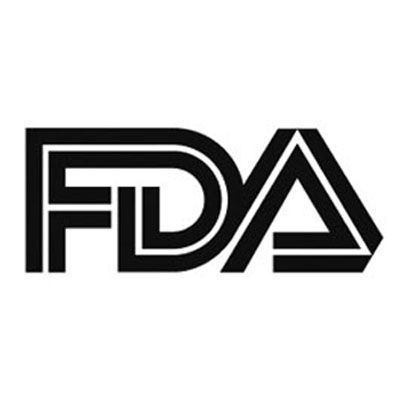FDA Halts Phase 1 Study of CAR T-Cell Therapy in T-Cell Lymphoma
Following a report of low CD4-positive T cell counts in a patient’s peripheral blood, the FDA placed a clinical hold on a phase 1 study of LB1901.

The FDA has placed a clinical hold on the phase 1 clinical trial of LB1901 in patients with relapsed or refractory T-cell lymphoma, according to a press release by Legend Biotech Corporation.1
News of the clinical hold was provided to the developer via email communication, which will be followed with an official letter from the FDA by March 11.
In the 1 patient with T-cell lymphoma who has been dosed with the novel autologous chimeric antigen receptor (CAR) T-cell agent, low CD4-positive T cell counts in the patient’s peripheral blood were reported to the FDA. Although no serious adverse events have been reported in the patient, the investigators are closely monitoring them.
The phase 1 LB1901-TCL-001 trial (NCT04712864) is an open-label-multicenter study to investigate the agent’s safety and tolerability and to determine the optimal dose.
Upon the launch of the study, Lida Pacaud, vice president of clinical development at Legend Biotech said, “We are excited by the promise of LB1901, and we look forward to further evaluating the safety and tolerability of LB1901. Determining the optimal dose for subsequent evaluation is one of the key objectives of this trial. The number of patients who relapse or are refractory to current TCL treatments is significant, and this trial will provide important information about the potential of CAR-T therapy to treat this disease.”
The study was planning to enroll 50 patients with relapsed/refractory T-cell lymphoma to be assessed for the primary end point of safety/tolerability as well as secondary end points including overall response, time to response, duration of response, disease control rate, progression-free survival, and overall survival.
Eligible patients for the study would be those aged 18 years of older with histologically confirmed disease that is relapse or refractory to at least 2 prior lines of systemic therapy. Patients are required to have an ECOG performance status of 0 or 1, adequate organ function, and women must have a negative pregnancy test at screening. All patients are required to agree to use contraception during the study and must agree not to donate eggs or sperms until at least 1 year after receiving LB1901.
The study has extension exclusion criteria, some of which note prior treatment with cellular immunotherapy, CD4-targeted therapy, hematopoietic stem cell transplant, antitumor therapy, and Immunosuppressant.Further, patients with certain unresolved toxicities from prior treatment, comorbidities and infection are excluded from the study.
Treatment sites that were enrolling before the FDA’s clinical hold were located in Minnesota, Texas, Washington, and Wisconsin.
References:
1. Legend Biotech announces FDA clinical hold of its phase 1 clinical trial for LB1901. News release. Legend Biotech. February 15, 2022. Accessed February 16, 2022.
2. Study of CD4-targeted chimeric antigen receptor t-cells (CD4- CAR-T) in subjects with relapsed or refractory t-cell lymphoma. Clinicaltrials.gov. Accessed February 16, 2022.
Examining the Non-Hodgkin Lymphoma Treatment Paradigm
July 15th 2022In season 3, episode 6 of Targeted Talks, Yazan Samhouri, MD, discusses the exciting new agents for the treatment of non-Hodgkin lymphoma, the clinical trials that support their use, and hopes for the future of treatment.
Listen